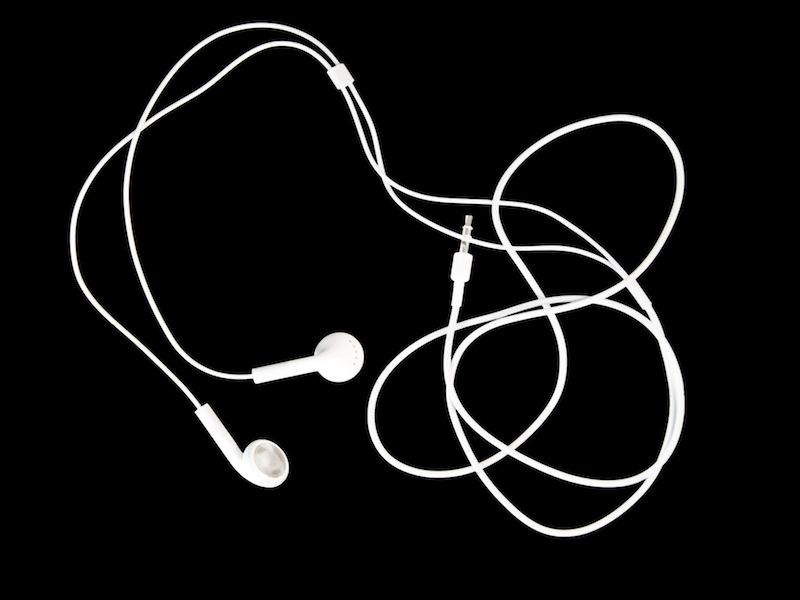
If you haven’t had your hearing tested since your grade school days, you’re not alone. Unfortunately, we have a habit of treating hearing loss reactively rather than proactively, and a normal adult checkup usually doesn’t include a hearing test. As a matter of fact, even when they realize they have loss of hearing, most people neglect it for up to seven years which can seriously impact your health. In fact, over time, it’s been proven that your overall health cost will go up if you have untreated hearing loss.
The good news, hearing exams are easy, painless, and give a wide range of facts for our experts to assist you, both for diagnosing hearing problems and assessing whether interventions like hearing aids are working. A full audiometry test is more involved than what you may remember from childhood and you won’t get a lollipop or a sticker when it’s done but you’ll get a far clearer understanding of your hearing.
It’s important that you regularly get your hearing tested even though you might not normally give your hearing as much attention as your teeth or eyes. It can be a long time before you recognize that there is something wrong with your hearing. Because loss of hearing commonly happens slowly over time it’s not easy to detect it at first, but the sooner you can, the more likely you will be able to effectively treat it.
When Should You Be Examined?
All newborns should be tested for hearing loss, and normally, the hospital takes care of that before they are released. The American Academy of Pediatrics advises that children undergo formal hearing examinations when they are 4, 5, 6, 8 and 10 years old and that teenagers should have hearing tests during wellness visits with their doctors.
If you are between the ages of 18 and 45, it is suggested that you have your hearing examined every five years and then more frequently as you age. You need to get tested every three years if you are between 46 and 60 years old and then every two years after you turn 60. But you might need to get tested more frequently. The frequency with which you should get tested will ultimately depend on your individual circumstances. If you find that your hearing isn’t as good as it used to be, you should have it tested immediately. Quite a few health concerns are associated with untreated hearing loss, like increased risk of falling, cognitive decline, and depression. Your capacity to work effectively and your relationships can also be affected.
And you need to have a hearing exam, in some situations, as soon as you can if you have hearing loss that is getting worse quickly. The following scenarios indicate that you should get a hearing test immediately:
- You find yourself having to constantly ask people to repeat themselves
- You are experiencing a constant ringing in your ears
- Pinpointing where sounds are coming from is difficult
- You are experiencing vertigo
- Conversations are difficult to hear when you are in a crowded area especially
- There is earwax buildup or you had an ear infection
Whether you are at risk of hearing loss is another consideration. You should get your hearing checked more often, for example, if you are exposed to loud noise or if hearing loss runs in your family.
There are also over 200 ototoxic medications. These drugs can be extremely harmful for your hearing and they range from some antibiotics to aspirin. So that you can make certain none of your medications are impacting your ears, check with your doctor. Consider having your hearing tested more frequently in order to address any hearing loss immediately if you are taking any ototoxic medications.
Also, take into consideration how your habits may be impacting your hearing loss. Constantly using your earbuds? Hearing loss has noticeably increased in younger people, and many experts believe that this is due to the use of headphones and earbuds. Loud concerts, shows, or machinery can also do considerable harm to your ears. Schedule your hearing exam today if it’s time for you to have your hearing tested.